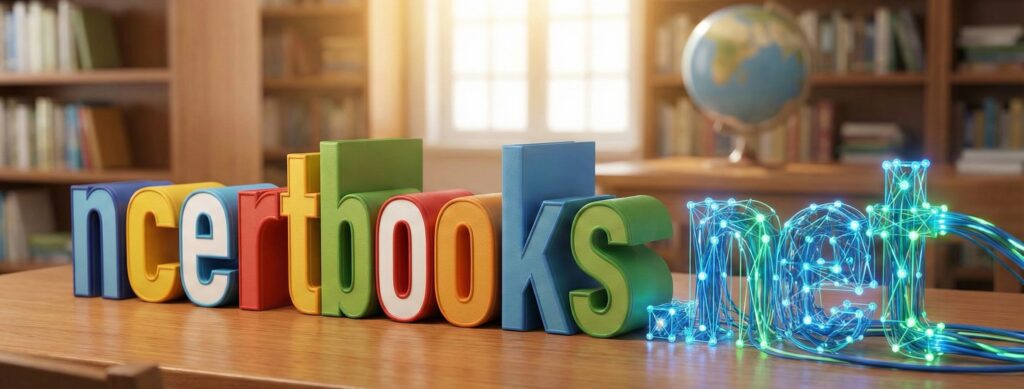Download the latest NCERT Books and Solutions PDF for Class 1 to 12, fully updated for the 2025-26 academic session. We provide free, direct access to the official Rationalized Syllabus textbooks, NCERT Exemplars, and ICSE materials. Essential for CBSE Board Exams, JEE Main, NEET, and UPSC preparation.
Select Your Class
📚 NCERT Books and Solutions PDF(2025-26)
Access the official NCERT Textbooks for 2025-26 academic session. These books are the “Gold Standard” for CBSE Board Exams and competitive tests like UPSC, JEE, and NEET. Unlike private publishers, NCERT books are concise, accurate, and drafted by subject matter experts.
Why Download PDF? Carrying physical books isn’t always possible. Our Free PDF Download option allows you to carry your entire school bag in your pocket. Whether you are revising History on a bus or solving Maths problems at home, these high-quality PDFs work on all devices.
- Format: PDF (Searchable)
- Language: English, Hindi, Urdu
- Cost: 100% Free
- Source: Official NCERT Updated

Download Exemplar Problems, ICSE Textbooks, NCERT Books and Solutions PDF 2025-2026
Standard textbooks build your foundation, but NCERT Exemplar builds your rank. These books contain High-Level Questions (HOTS) and Critical Thinking MCQs designed specifically for students aiming to ace JEE Mains, NEET, and Olympiads.
- Maths & Science Advanced MCQs
- Previous Year Question Papers.
- Important NCERT Formulas.
- NCERT Old Books
- NCERT Syllabus 2025 – 2026.
Quick Download Dashboard (Class 6-12)
NCERT Exemplar MCQ Quiz – Class 6 to 12 Table
Use this table to quickly find NCERT Exemplar MCQ questions for your class (6 to 12). Practising these MCQs will help you revise important concepts, check your understanding, and prepare confidently for school exams and board exams.
| Class | MCQ Quiz Hub |
|---|---|
| Class 6 | NCERT Exemplar Class 6 MCQ Questions |
| Class 7 | NCERT Exemplar Class 7 MCQ Questions |
| Class 8 | NCERT Exemplar Class 8 MCQ Questions |
| Class 9 | NCERT Exemplar Class 9 MCQ Questions |
| Class 10 | NCERT Exemplar Class 10 MCQ Questions |
| Class 11 | NCERT Exemplar Class 11 MCQ Questions |
| Class 12 | NCERT Exemplar Class 12 MCQ Questions |
⚡ Quick Access: Educational Resources
🧠 NCERT Exemplar Solutions: Unlock Higher-Order Thinking
If you are aiming for JEE Mains, NEET, or Olympiads, the standard textbook isn’t enough. You need the NCERT Exemplar. These books contain high-level objective and subjective problems (MCQs, VSA, SA, LA) designed directly by the NCERT Council.
🎓 Class-Wise Preparation Strategy
Class 12 focuses on precision. Prioritise core subjects like Physics, Chemistry, and Maths.
The first big milestone. Problem-heavy chapters need extra practice from Exemplar.
FAQs – NCERT Books, Solutions & Exemplar